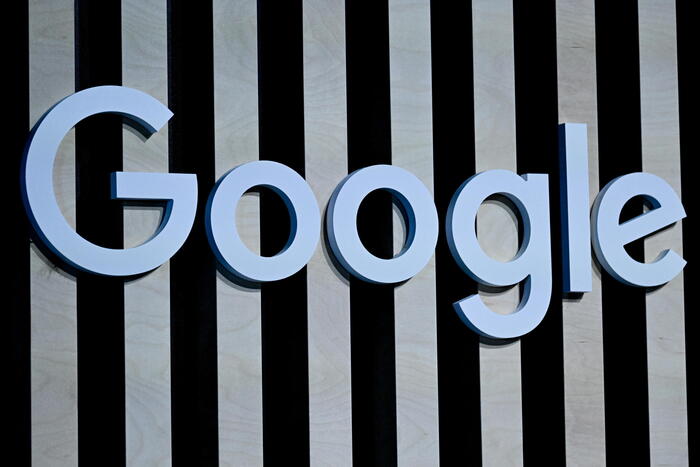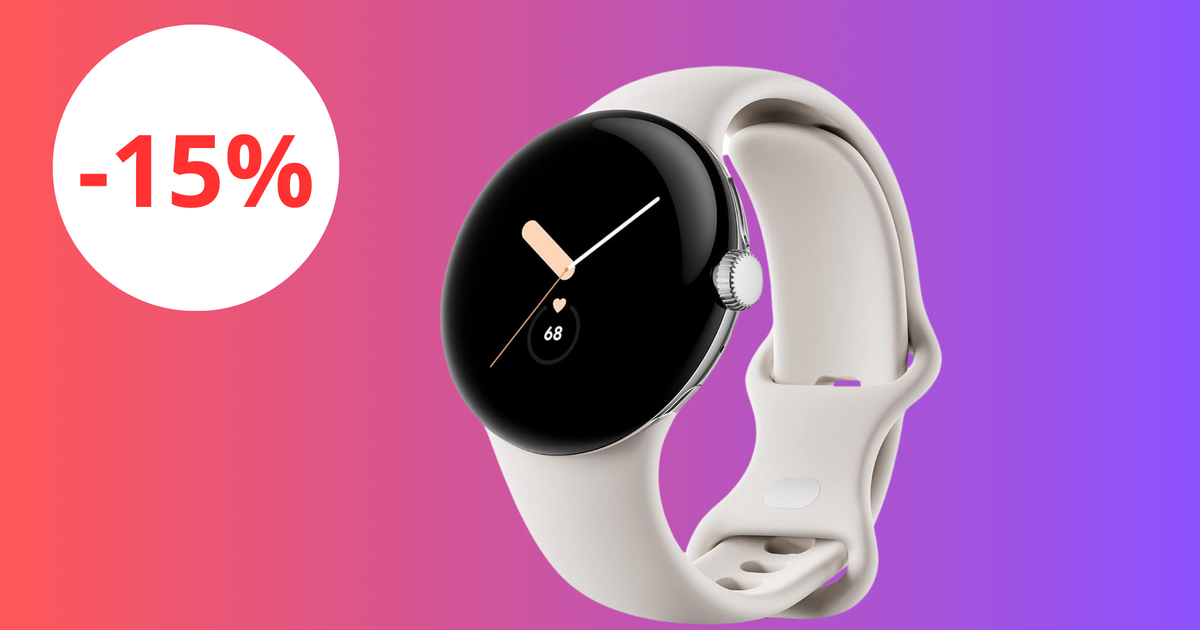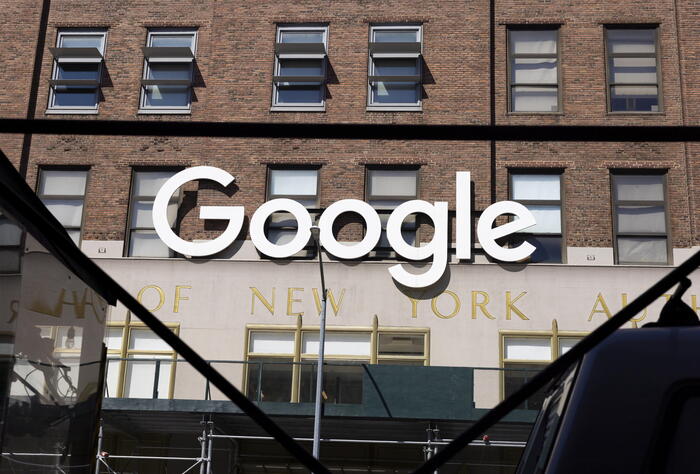Icon: enlarge
Google does not want to develop “alternative identifiers” to track individual users
Photo: Dado Ruvic / REUTERS
In January 2020, Google announced the end of so-called third-party cookies, at least in its Chrome browser.
But because the browser is the most popular browser with a 50 percent market share, the business model behind third-party cookies would practically come to an end: Advertisers could no longer distribute their cookies to millions of websites in order to track and recognize individual users across the Internet .
Now Google has found it necessary to reaffirm this goal.
One is "repeatedly asked whether Google, like other companies in the ad tech industry, is planning to replace third-party cookies with alternative identifiers at user level," said a statement on Wednesday.
"We would like to say it once again today very clearly: After the gradual disappearance of third-party cookies, we will not develop any alternative identifiers to track people surfing the Internet, and we will not use them in our products either."
By alternative identifiers, for example, Google is likely to mean tracking based on an »Advertising ID«, as advocated by the Federal Association of the Digital Economy.
With it, the actions of users on the Internet would continue to be collected, but only recorded under pseudonymous identifiers.
You can find out more about the current status of the arms race between browser providers and the advertising industry here.
"We are aware that other providers may then be able to offer a level of user identity for ad tracking on the web that we do not offer," said Google's message.
But they are "convinced that these solutions do not meet the increasing expectations of consumers in terms of data protection or can withstand the rapidly evolving regulatory restrictions."
Instead, Google wants to summarize users in “flocks”, in groups with similar interest profiles.
Advertisers should then be able to address these groups, but no longer individual users.
Google apparently assumes that it will still make enough money with online advertising.
What is remarkable about the communication is the lack of a specific reason.
The company may be trying to forestall announcements from other companies that Google already knows about.
But it could also be a signal to politicians or competition watchdogs.
At least that is what the reference to the "rapidly evolving regulatory restrictions" suggests.
Icon: The mirror
pbe














